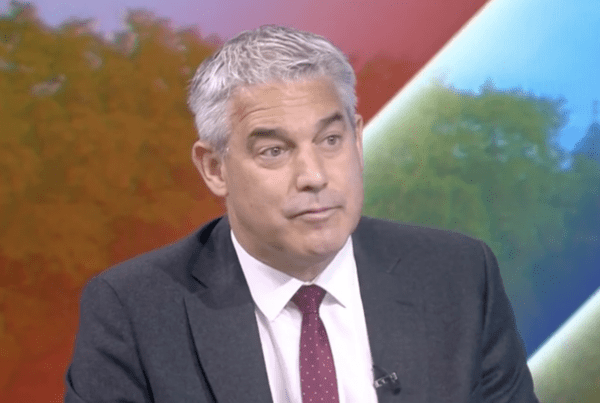
The proposed law is set to be introduced to Parliament in the coming weeks.
Proposed new anti-strike legislation has been branded “undemocratic” by health unions.
The UK government is proposing new legislation requiring public sector workers to provide a basic level of service during industrial action and allowing employers to seek an injunction to prevent strikes or seek damages if the proposed service level is not met.
The proposed law is set to be introduced to Parliament in the coming weeks.
Nurses are set to strike for a second time in as many months following a decade of real-terms pay cuts and deteriorating working conditions. As it stands now, the planned RCN strikes in NHS workplaces across England will go ahead on 18 and 19 January.
The Royal College of Nursing (RCN) has said it would like to see the proposed minimum levels of service be enshrined into law for everyday use, not just during strike action.
Safe staffing saves lives.
Pat Cullen, RCN General Secretary & Chief Executive, said: “Curtailing workers’ freedom to participate in lawful industrial action is always undemocratic and we will look closely at what the government releases next week.
“As for minimum staffing, last month’s action was safe for patients because of detailed discussions we chose to initiate with the NHS to protect emergency services and life-saving care. The public respected that and even ministers acknowledged our constructive approach.”
“Safe staffing levels that are set in law are what we want to see year-round not just in these extreme circumstances. We’ve long-campaigned for governments to be accountable for safe and effective staffing levels in NHS and social care to prevent one nurse being left with 15, 20 or even 25 sick patients. Legislation exists in other parts of the UK and England is lagging behind.
“The evidence is unequivocal – safe staffing saves lives and having the right number of registered nurses on duty has a direct impact on the safety and quality of patient care. Today’s highly unsafe situation is what is driving our members to say ‘enough is enough’.”



